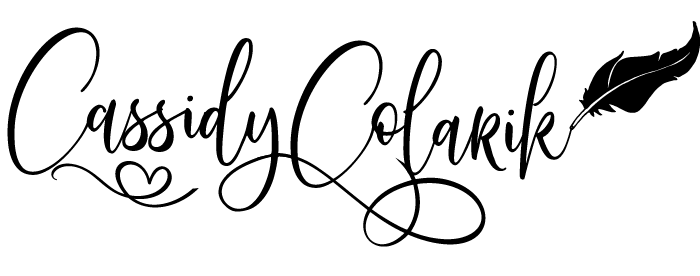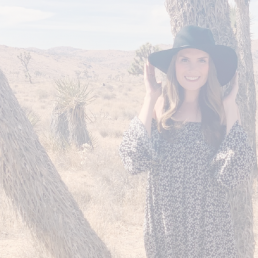Heartbreaking secrets. Affectionate secrets. Embarrassing secrets. Family secrets. Frank Warren, creator of the website Postsecret, has seen them all.
Postsecret is an online platform where individuals are invited to anonymously share their secrets on a postcard and send it in.
Warren describes secrets as, “something we feel afraid to tell others and sometimes admit to ourselves.”
While secrets tend to come with a general rule of thumb—keep them sealed tight–this can cause anxiety. In a 2012 study conducted by Michael Slepian, a professor at Columbia University, results demonstrated that those who keep secrets are physically weighed down. In Slepian’s experiment, he asked homosexual men to assist him with moving some boxes. Those who were not “out of the closet” yet elected to move fewer boxes. The findings from this study denote that keeping secrets can be alienating.
Postsecret is predicated on the premise that even when you feel isolated and tied down by your deepest secrets, there is someone else out there who has had a similar experience. This shared discovery is comforting.
The concept for Postsecret emerged from an art project Warren curated in November 2004. Warren printed 3,000 blank postcards asking strangers in Washington D.C. to mail in a secret they had never revealed before. Warren handed the postcards out to pedestrians, placed them in between book pages at bookstores, and placed them on park benches. He received 100 secrets back and posted them on his blog. The blog post went viral.
Warren’s world has been turned upside down as a result of Postsecret.
While the university did not have the perfect program for what I wanted to study (nor was it out of state), somehow during that 90-minute campus tour in my heart I knew that I had found my new home for the next four years.
This conclusion I had reached in such a brief time frame was not rooted in the context of scientific reasoning. Instead, it was grounded within intuitive framework. I had decided the next chapter of my young adulthood based on what simply had felt right.
In a way, reasoning solely grounded in a strong sense of intuition can seem irrational. However, both academia and scientific studies suggest otherwise.
In order to further explore scientific explanations regarding intuition, BTRtoday interviewed Shabnam Mousavi, an assistant professor at John Hopkins University and author of the paper “Risk, Uncertainty, and Heuristics.”
Mousavi’s study utilizes the findings from Frank Knight’s 1921 book, Risk, Uncertainty, and Profit as a general premise for outlining the arguments presented her paper.
Knight, an economist, formalized a distinction between risk and uncertainty. Knight refers to risk as outcomes that can be determined and therefore can be insured for. In contrast, uncertainty refers to an event where the probabilities are unknown and therefore the outcomes cannot be insured against. He argued that even in long-term equilibrium, entrepreneurs still acquire profit from uncertain contexts.
“Knight made a very interesting point at a time where almost everyone was obsessed with reducing their risk in the market to numbers and probability, and talking about how to act efficiently and effectively,” comments Mousavi. “His study denoted that profit can be made within the economic system even if not all consequences can be accounted for.”
The keywords from Knight’s study, risk and uncertainty, serve as a general underlying framework for Mousavi’s argument. In her paper, Mousavi also introduces the keyword heuristics.
“A heuristic is a strategy for making decisions, consciously or unconsciously. The unconscious use of a heuristic is called an intuition–that is, when one senses what to do without being able to explain why.
One way in which heuristics can be categorized is based on the amount of knowledge or information they require in relation to the environment in which they can be successfully used,” explains Mousavi.
“It is perfectly natural and acceptable to allow instincts to dictate our decisions.”
Mousavi explains that in an environment where an uncertain event presents itself, not all of the possible consequences or outcomes can be specified. Therefore, when faced with an uncertain context, an individual will apply a simple solution to the complex situation.
For example, within the context of a marriage proposal, an individual does not usually have enough time to calculate all the reasons why they should accept the offer. Instead, they will utilize their heuristics tool to act quickly and make a decision, based on simple cues like one or two good reasons.
Mousavi explains that an individual relying on their heuristics tools in this example makes sense, given the context.
“The presence of uncertainty is paramount in a wide range of choice situations in real life. Each of these uncertain situations can be too unique to lend any useful data to statistical analysis, and hence preclude not only explicit attainment of even near-perfect knowledge, but also measurable probability,” she says.
This developed awareness, regarding why activating heuristics tools occurs, is a groundbreaking discovery within the scientific world.
“In the past, applying economic theory and the cognitive modeling of human decision making presented situations as a puzzle because there was not the formal framework to put into concrete models how humans interact with the environment on a daily basis,” Mousavi adds. “Now, with the discovery of heuristics tools, scientists are able to make concrete sense of the decisions people are making everyday and that is what excites us as scientists.”
In the future, Mousavi plans to expand her research. She is in the process of writing a book that lays out what it means to use the heuristic approach and apply it not only towards making good decisions under time constraints and limited resources, but also in other areas including health, education, financial, political, and economic policies.
So there you have it. The next time you feel like you need a number of calculated reasons to justify a situation when you made a decision based on instinct, take a step back and remind yourself this: It is perfectly natural and acceptable to allow instincts to dictate our decisions. Furthermore, this process of decision making can be just as effective as measuring the outcomes simply because in life nothing is ever certain, and therefore not all factors can be accounted for.


